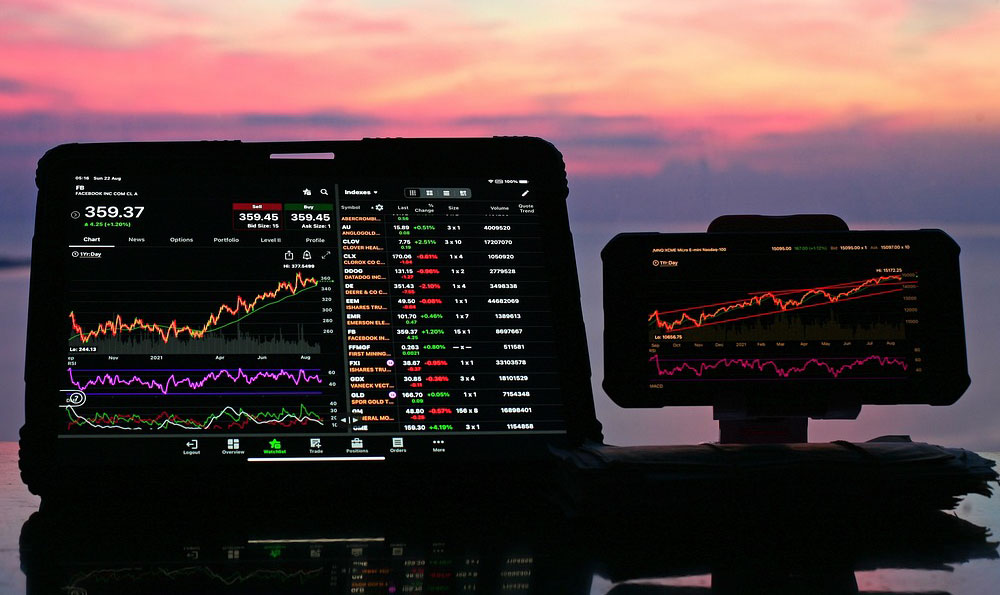How Old is Money Maker, and Why Does It Matter?
The concept of "Money Maker" in the context of cryptocurrency often refers to a specific cryptocurrency, a trading strategy, or a platform designed to generate profit. Without a more precise definition of what "Money Maker" represents, it's challenging to pinpoint an exact age. It's crucial to understand that the cryptocurrency landscape is relatively young and rapidly evolving. Bitcoin, the first cryptocurrency, was created in 2009. Therefore, any project or strategy termed "Money Maker" would necessarily be younger than that.
Let's consider the potential scenarios and why understanding the 'age' – or rather, the longevity and track record – of a cryptocurrency, trading strategy, or platform matters significantly for potential investors.
Firstly, if "Money Maker" refers to a specific cryptocurrency: The age of the cryptocurrency directly correlates with its maturity and, potentially, its stability. A newly launched cryptocurrency (perhaps only a few months old) will inherently carry significantly higher risk than a more established coin like Bitcoin or Ethereum, which have been around for years. Newer coins often lack established infrastructure, a proven track record of security, widespread adoption, and a deep pool of developers actively maintaining and improving the project. The likelihood of market manipulation, price volatility, and even complete project failure is statistically higher with nascent cryptocurrencies.

The longer a cryptocurrency has existed, the more time it has had to build a community, attract developers, and demonstrate resilience to market fluctuations and security threats. A cryptocurrency that has survived several market cycles (bull and bear markets) has proven its staying power and is generally considered a less risky investment, although never risk-free. Analyzing a coin's historical price performance, trading volume, and network activity over its lifespan provides crucial insights into its potential for future growth and its susceptibility to market downturns. Examining the genesis block date and the development activity on its blockchain (if it has one) offers a tangible indication of its maturity.
Secondly, if "Money Maker" refers to a trading strategy: Evaluating the 'age' of a trading strategy involves assessing how long it has been in use and, more importantly, how well it has performed over different market conditions. A strategy that claims to generate consistent profits but has only been backtested on a short period of favorable market data is highly suspect. A robust trading strategy should have been tested and proven effective over a longer period, ideally encompassing both bull and bear market cycles.
A new strategy might be appealing due to its novelty or claims of revolutionary performance, but without sufficient data, it's difficult to assess its true effectiveness. Strategies that have been around for longer have a larger dataset of performance data to analyze. This data can reveal potential weaknesses or vulnerabilities in the strategy and allow investors to make more informed decisions. Furthermore, the 'age' of a trading strategy can also reflect its adaptability. The cryptocurrency market is constantly changing, and a strategy that worked well in the past may not be effective in the future. A successful trading strategy should be continuously monitored, adjusted, and adapted to the evolving market conditions.
Thirdly, if "Money Maker" refers to a platform or service: The age of a cryptocurrency platform or service is a critical factor in evaluating its reliability and security. A platform that has been operating for several years and has a proven track record of handling user funds securely is generally considered more trustworthy than a newly launched platform. Older platforms often have more robust security measures in place, have undergone more rigorous testing, and have a better understanding of the regulatory landscape.
Conversely, newer platforms may offer innovative features or higher returns to attract users, but they may also be more vulnerable to security breaches or scams. Before investing in a platform, it's crucial to research its history, its security protocols, its team, and its reputation within the cryptocurrency community. Look for independent reviews, security audits, and user testimonials to get a sense of the platform's reliability. A platform's age can also be an indicator of its commitment to compliance. Older platforms are more likely to have invested in legal and compliance resources to ensure they are operating within the bounds of the law.
In all these scenarios, due diligence is paramount. Never invest in something solely based on its name or perceived potential. Thoroughly research the underlying asset, the strategy employed, or the platform providing the service. Consider the team behind it, their experience, and their transparency. Always diversify your portfolio to mitigate risk. Never invest more than you can afford to lose. The cryptocurrency market is inherently volatile, and even well-established projects can experience significant price swings. Understanding the 'age' and the history behind any investment opportunity is a crucial step in navigating this complex landscape and making informed decisions that align with your financial goals and risk tolerance. Treat "Money Maker" with healthy skepticism until it proves its worth over time and through varying market conditions. Remember, in the world of cryptocurrency, patience and informed decision-making are key to long-term success.















